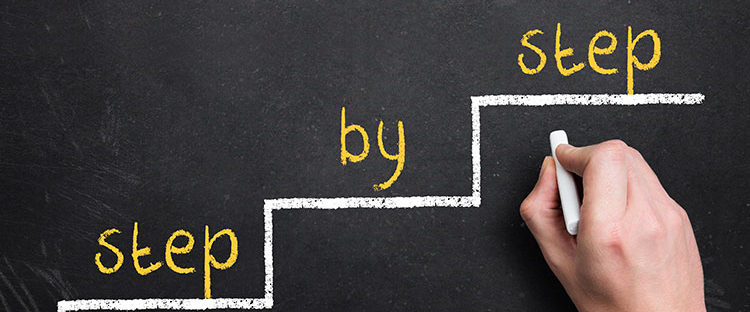I’ve been asked many times; what is the key to getting sober? Here is what I’ve found through my own journey, and working with others in recovery: Getting sober and staying sober works when you find your own path. There is no magic program, key piece of information, or miracle exercise. The events in my life that lead me to use alcohol and drugs to escape are different from your events. While there are probably many similarities in our thinking, the exact way that I got sober probably isn’t going to work for you, and that’s okay. Your path is the way you heal.
Getting Clean is Just the Beginning
Getting off alcohol or drugs is just the first step in recovery. Abstaining from using is critical to do before you can start recovery. You can’t face your feelings and think clearly when you’re using. Going to meetings drunk or high may feel like you’re moving the right direction, but until someone makes the commitment to put the substances down and work on recovery, it’s unlikely that they will have success. However, once the substances have been removed for even a few days, real recovery can start. This is where treatment centers, sober livings, fellowships, and other supports become important. In the beginning, I needed a lot of help getting up in the morning, getting into new activities, and getting active in my recovery. Getting off drugs was just the beginning.
Getting Unstuck
After I put down the substances, I felt stuck. I started connecting to feelings that I hadn’t “felt” in a long time, and I didn’t have a choice but to face them without my drugs to escape. Getting unstuck meant getting healthy. Getting healthy meant finding my path to recovery, something I didn’t really understand when I started to do it.
In my experience, there is a core belief that almost everyone must face when getting back on the wagon. That belief is that they are not good enough, or don’t measure up; that there is something fundamentally wrong with who they are. This is tied closely with feelings of shame and guilt, something that most of us feel in abundance when getting sober. Challenging that belief, and ultimately changing that belief, was a critical piece in my recovery, and I’ve seen that to be true with many others. The path to do that can include step work, cognitive behavioral therapy techniques, and many other forms of intervention. It starts with understanding the difference between guilt and shame and addressing each appropriately. Then it takes sober time, as we must see and feel evidence that supports our alternate belief.
Getting sober is rarely something that is successful when we try to do it alone. That’s why fellowship and support are so critical. Being alone is something that many of us got used to when we were actively addicted. It became comfortable, in a miserable kind of way. Recovery is done with others, and that can be scary for many who are getting help for addiction.
At Tharros House Structured Sober Living in Massachusetts, clients have the best success when they are exposed to many ideas and given the power to choose their own path to recovery. I believe that you need to identify what is meaningful for you in order to direct your own recovery. To learn more about this approach, please visit www.TharrosHouse.com


